Any parent of children under five will tell you that it’s a long game when it comes to family health. You cannot lose hope, or good cheer, as a barrage of microbes and viruses slam repeatedly into your herd immunity. Even as parents fight off germs, washing hands, wiping down surfaces, sanitizing grubby mitts, imploring children to not lick the floor/soccerball/bottoms of their shoes, the germs will win. Not for good, but they’ll have a winning season.
In our family, last week was the only week since Labor Day that no one was sick. Truth.
We attended a birthday party on Saturday straight out of the Florentine Playbook (Saturday, 4:00 p.m., Mondo Bimbo with at least 8 other birthday parties in process.) We laugh and call it Microbo Bimbo, because the place is crawling with germs. It reminds me of that indoor play area at Sooner Fashion Mall that was practically gleaming with saliva and snot. A key difference is that all the games and areas each seem to cost a different kind of token/cash/punch card/bracelet. I counted at least 5 payment methods. This led me to wonder as to their business model, and were all these games/areas independently contracted? It seemed so, but I couldn’t wonder it for very long, as the noise level ratcheted up and I was trying to visually track our two sprites.
 |
| Bouncy castle, independently contracted, germs included. |
Victor and Eleanor both enjoyed the trampolines/bouncy areas/games for a couple of hours, until Jason and I folded because we were starving and the ambient noise level was akin to a Billy Idol concert and there was not a glass of wine to be found. Victor succumbed to parental entreaties well before Eleanor, and sat glumly on a chair while we watched her zoom around the cage surrounding the ball pit like a hopped-up hamster in a giant Habitrail (TM).
I finally set my jaw, looked at Jason, and said, “I’m going in.” I am always the default choice for this due to my size.
I removed my shoes and crawled into the maze. The floor was uneven and broken underneath the vinyl. I made my way to the ball pit, which Eleanor was swimming in, shouting “piscina, piscina!”
I looked at the pit. There was no other way. I waded in.
The other little kids stopped throwing their balls looked at me in shock a I half-swam through the tiny plastic balls to her, grabbed her firmly by the waist as though a lifeguard, and sidestroked my way back to the vinyl-covered diving platform. I hauled her out of the Habitrail (TM) kicking and crying.
Exhausted and dismissive of the many grandma tickets that might be written in public for us, we carried her without shoes or coat on back to the car to motor home.
By midnight she was hot and crying for reasons other than ball-pit extraction. It seemed like a short incubation to us, but it’s anyone’s guess what forms of superbugs are bred in Mondo Bimbo.
By Sunday night she was miserable. She did not go to school on Monday, and by Monday night was in such poor shape that we called a private pediatrician for a house call. The doctor, a kindly woman about sixty, with white hair roots and smudged glasses, diagnosed an ear infection, wrote a prescription, and left.
I saw my week crater under the schedule shuffling to accommodate a child home from school. With an ear infection and a cough, as temperatures plunged. Our regular help is unable to extend her hours into the mornings. This ad hoc arranging often requires multiple text messages and communications. Still, all told, I have given up hours this week to be at home with Eleanor while she gets over this. Which of course I am happy to do.
Amusingly, Eleanor and I are alike in that we both go crazy when cooped up at home. By Tuesday evening, she insisted she was ready to go to school and “see my friends.” Yeah, me too, kid.
We are a small family hub in Firenze, our nuclear family. We do not have the extended family network enjoyed by lucky Italians, who can call on retired parents, adult siblings, adolescent nieces and nephews, and their network of verified babysitters, to assist when the smallest among their clan are down with illness, or even sadness. Every hour of help we get in our home is paid for, always. We are fortunate that we can pay for it – indeed, were we unable to do so, we would not be here. Or I would not be continuing in my professional career. Or writing, as here and now, ever. I often fantasize about what it would be like to have nonni a stone’s throw away, who would take the children to the park for an hour or two, or a sixteen-year-old niece whom I trusted to play with them while I ran a couple errands.
Italy is a caretaking culture by nature. There is something so sweet, and nurturing, in the Italian impulse. Children who are raised in loving homes by patient parents will grow up to be adults who see a small/younger/weaker being in need, and will instantly want to help it. There is a village approach here that we have lost in many places in America, if we ever had it at all.
I observe many interactions in public and at parks, and here present the anecdotal results of my informal research:
“Italy: Who’s Taking Care of You?”
Babies: Every single other Italian around within earshot, until about age four, including tiny Italians aged 2-4 who independently qualify for unsolicited public aid and personal assistance.
Bambini aged 4-12: Parents, siblings, grandparents, aunts and uncles, cousins, teachers, parents of friends, bakers, baristas
Teens: Parents, siblings, grandparents, aunts and uncles, cousins, teachers, friends, girlfriends/boyfriends
Young adults: Parents, siblings, grandparents, aunts and uncles, cousins, friends, professors, girlfriends/boyfriends
Adults without kids: Parents, aunts and uncles, siblings, cousins, spouses, friends
Adults with kids: Parents, aunts and uncles, siblings, cousins, teachers, babysitters, sometimes tate (nannies and cooks and laundry and cleaning), friends
Middle-aged adults: Parents, children, siblings, cousins, friends
Retired adults: Children, siblings, grandparents, cousins, friends, badanti (elder aides)
Afterlife: the spirits of all your ancestors, friends, and the Holy Trinity
The network is well-distributed, meaning everyone gets about as much as they give, according to their age, station, and relative health. The network really focuses on clothing and nutrition. And the reinforcing effect is to know that your community is a safety net of both goodwill and good health.
A note about Italians with disabilities: every day I see dozens of small vans, lettered to advertise their public funding, as they drive around town picking up and dropping off
people with varying needs, in wheelchairs, developmental disabilities, older people who need a ride, and more. I think it is public transportation for those who are unable to ride the bus. It is very civil. I see the drivers and helpers attending to people who are alighting or disembarking the van.
A note here too about Italians who are caretakers of children and adults with disabilities: I know a bit about this, first, because of the kids’ school, and secondly, through my involvement with St. James’ Episcopal Church.
As to the former, one of Victor’s classmates is on the spectrum. She does not talk. In addition to the anecdotally-observed support network outlined above, Sofia has an insegnate di sostegno (support teacher) who accompanies her in every hour of the school day, so she can be with her friends and mainstreamed with them. Sofia has a clipped bob haircut and huge brown eyes. She is thoughtful, and quiet. She gets upset if relative mayhem erupts. The loving way that Victor talks about her honestly brings tears to my eyes (“Sofia is our friend who does not talk. But she really, really likes tarallini [the small doughnut crackers kids tend to eat by the handful].”) I had no experience like that as a child; in the US, Special Education classes are held apart from all the other kids. The insegnante is named Daniela and is supremely professional – well-educated, mature, articulate, and highly trained. She is also hired and paid for (as best as I understand it) from the national health system. If your child qualifies for an insegnate di sostegno, s/he will have one, and it won’t wreck your family, or you personally. When I find out more about this, I will share, because it seems so fair, and civilized, and unlike the culture we lived in for the last twelve years prior to moving to Italy.
And, as to the latter group, Italians who are caretakers of adults with disabilities: a woman who attends St. James in town has an adult son about my age who is developmentally disabled. There is a not-for-profit in the area that provides professional respite care for the adult child, while the caretaking parent stays on the premises, possibly being able to, for example, take a rest, read a book, and not think about their routine and all-encompassing responsibilities for at least a bit. I know that this caretaking parent spent a week or two at the casa di vacanze. She cried when she talked about it one Sunday in announcements.
In America, we say it takes a village, and Hillary Clinton wrote that kids’ book about it back in the nineties. But I know from experience, and see from afar, how American culture has evolved and, in some ways, contorted, so that public policy assumes little responsibility for this type of caretaking. Families and communities have fragmented in the US, if indeed they were ever cohesive, as long-distance moves for education or work determine our pop-up communities. In other corners of our culture, the village ethos exists, but largely to care for those in the in-group. In still other corners, there is little impetus to to take care of anyone other than one’s own good self. What strikes me about Italy is how no one expects recognition or reward for such caretaking, and certainly not a highlight spot in the evening news.
It just is what is done. You see the need, you meet the need. You wouldn’t dream of doing otherwise.


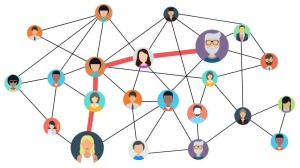


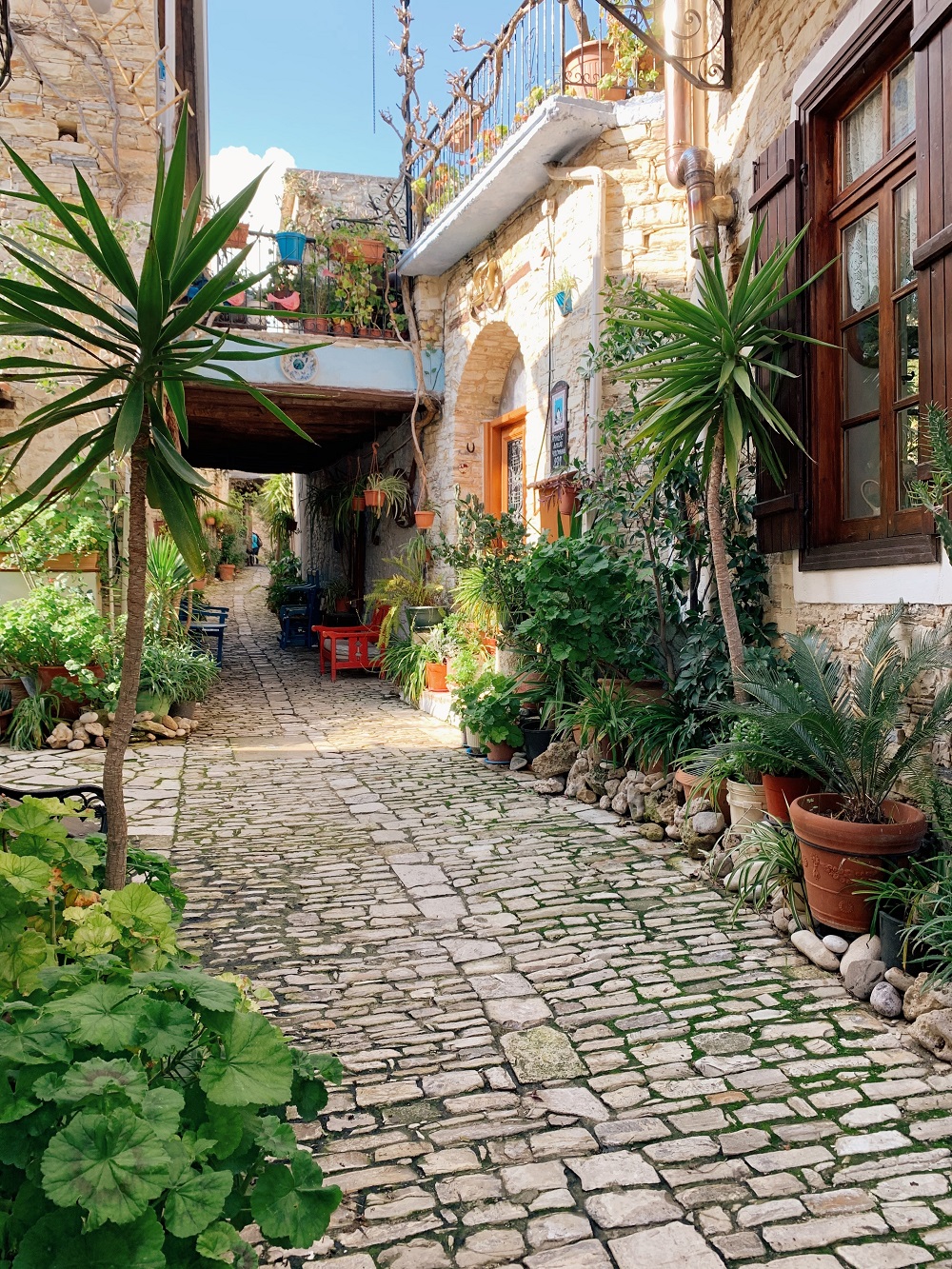
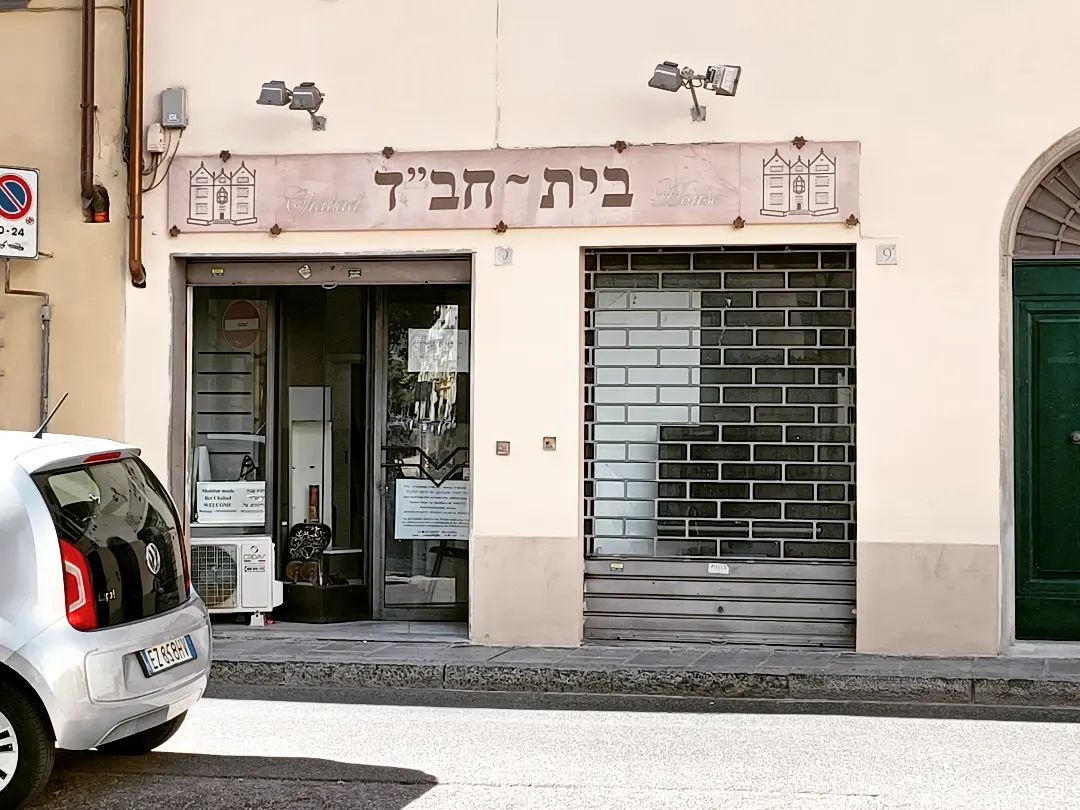

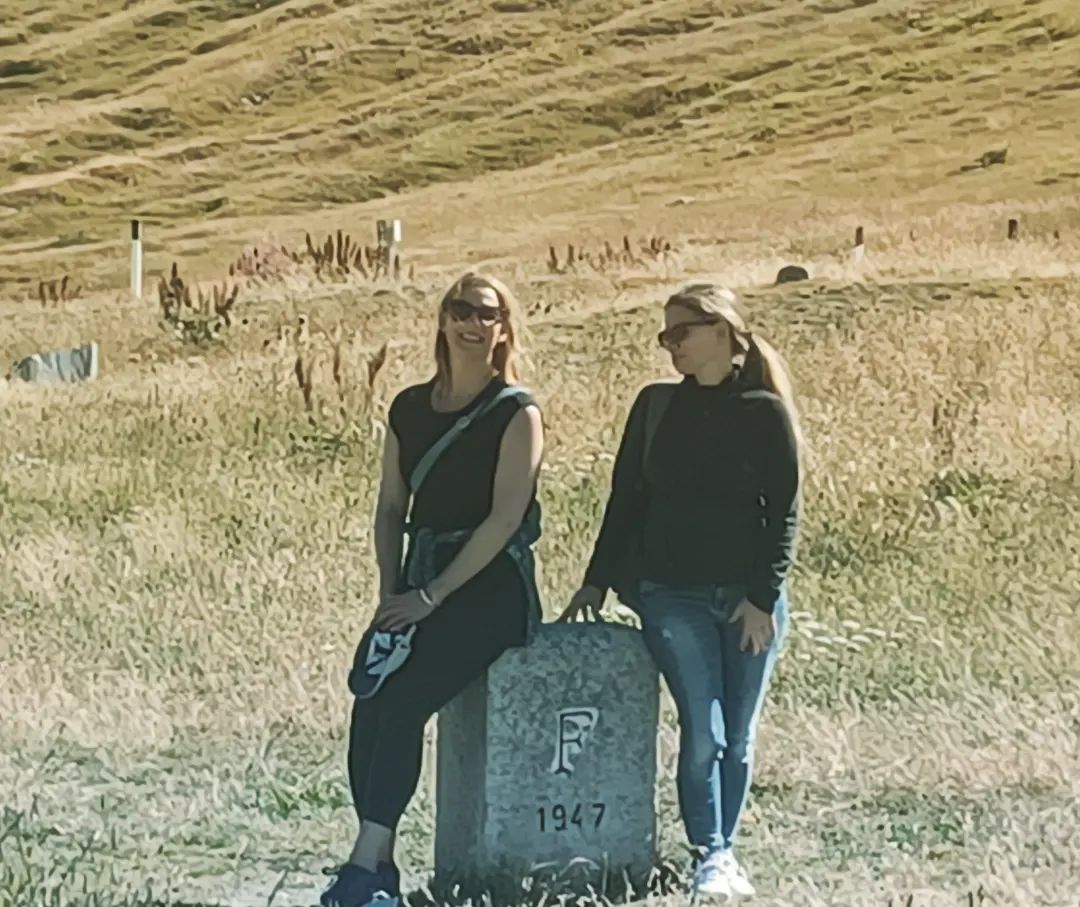
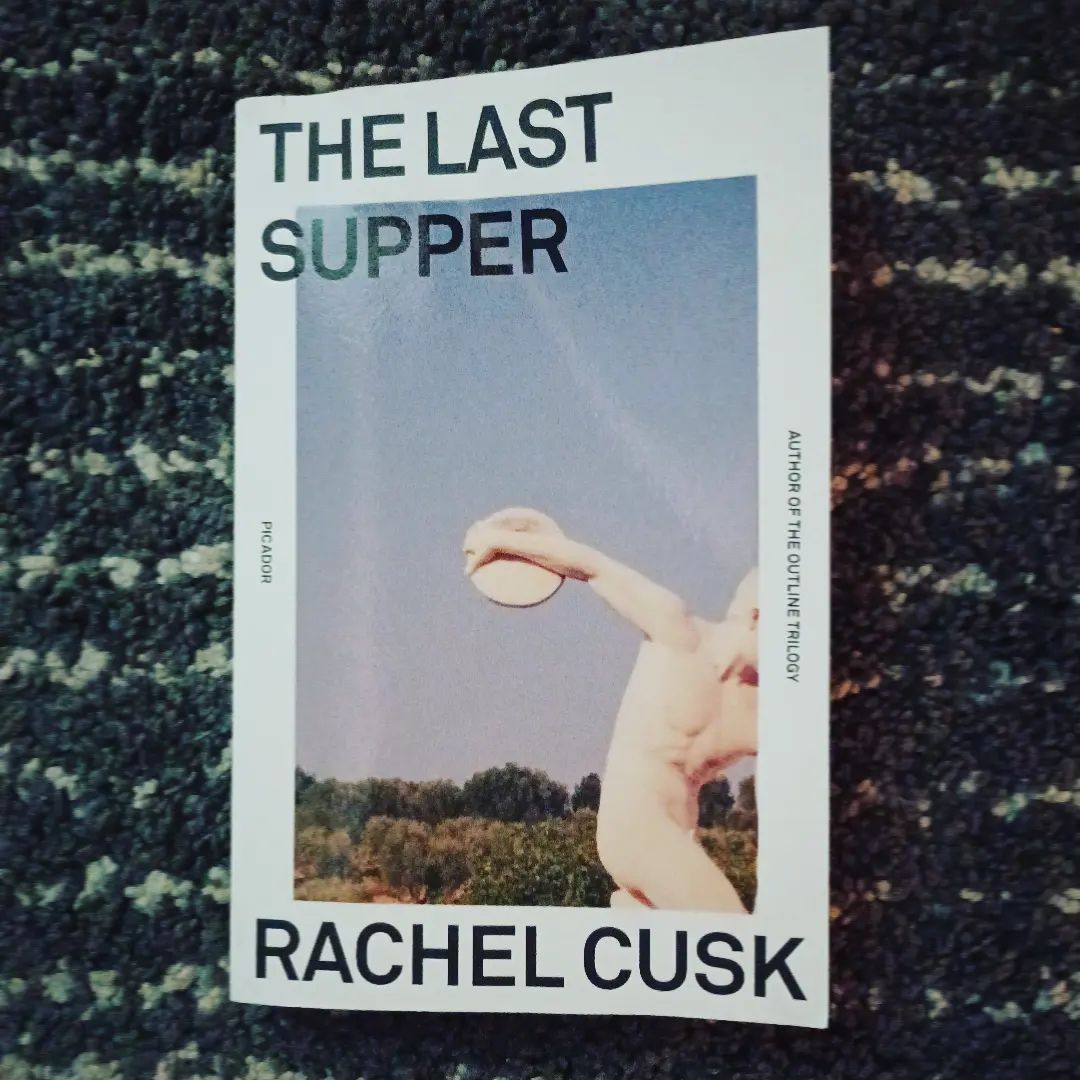
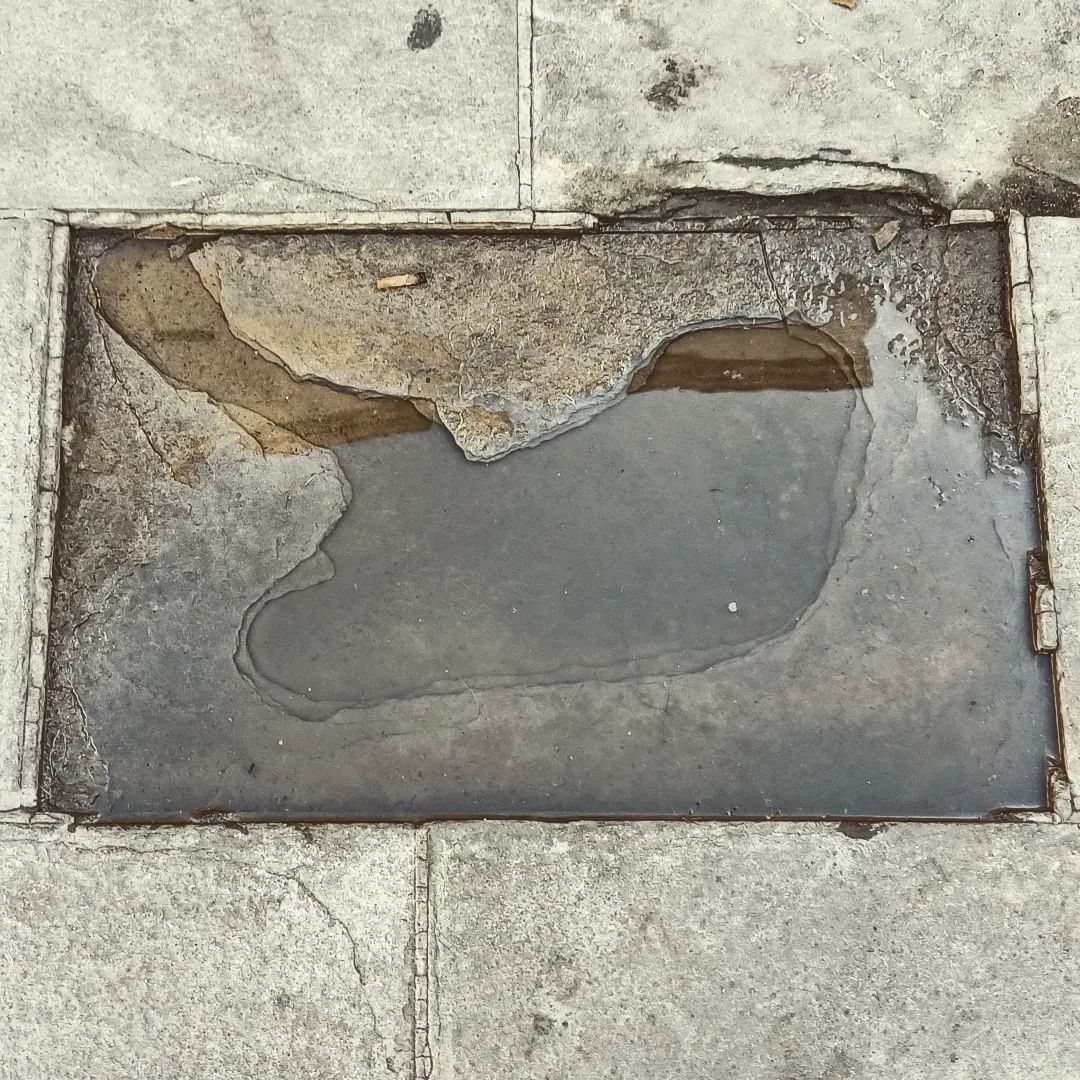
2 Responses